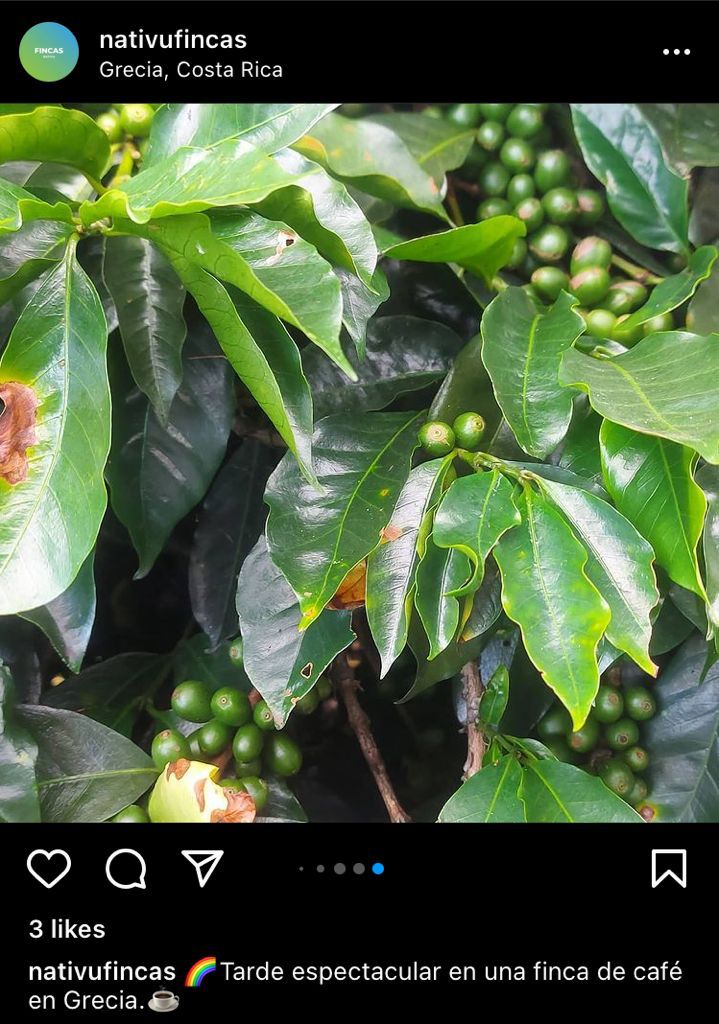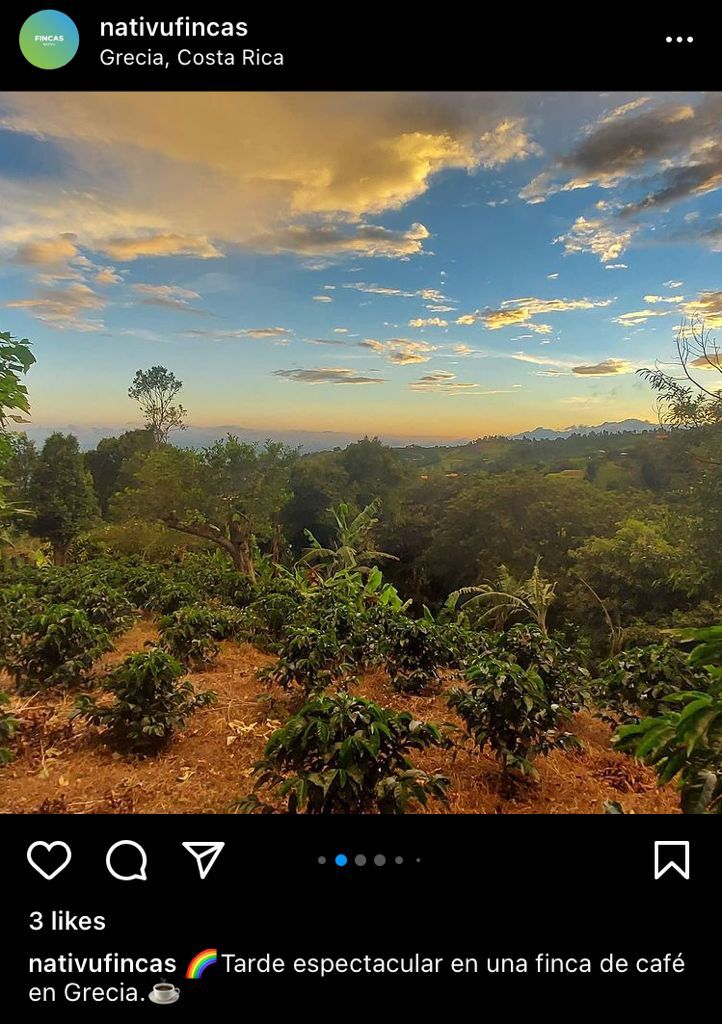In many gardens and farms it is normal to find planted different types of flowers and shrubs that attract multiple animals to be part of the green areas, one of the insects that most like to find are the bees for their contributions to the ecosystem. A fruit that is also very sought after by people to keep in their farms, when the climate allows it, is coffee. This fruit has many health benefits. Undoubtedly, bees and coffee are allies of your farm.
Bees: friends of flowers
Bees are invertebrate animals, endowed with an external skeleton, related to wasps and ants; they are characterized by having a pair of antennae, a pair of wings, three pairs of legs and, of course, a slender waist.
They are the pollinators par excellence, and they perform this activity in up to 170 thousand types of plants. This not only benefits natural ecosystems, but also agriculture and food production.
In the case of coffee, despite being a self-pollinating crop, it has been shown that when hives are placed in plantations, production can increase by 10 to 15 percent.
Description of the coffee fruit
They have shiny green opposite leaves, with smooth margins. Its white flowers grow in clusters in the axils of the leaves and are aromatic. From them, its fruits are produced, which are drupes, reddish in color and similar in size to a cherry. In many producing areas, these fruits are known as “coffee cherries”.
The outer part of the fruit is fleshy and in its interior contains two seeds or coffee beans, surrounded by a membranous layer of a crumbly texture, which is why it is known as parchment.
Medicinal uses of coffee
Helps burn fat: Caffeine is a natural metabolism accelerator.
Provides nutrients: In a single cup of coffee we can find the following vitamins and minerals: Riboflavin, Niacin, Pantothenic acid, Manganese, Potassium, Magnesium.
Source of antioxidants: To the vitamins and minerals contained in a cup of coffee is added an important load of antioxidants, especially polyphenols and hydroxycinnamic acids.
Decreases the probability of contracting diseases: Several studies have shown that consuming coffee daily decreases the risk of developing chronic diseases such as: type 2 diabetes, Alzheimer’s and Parkinson’s.
Protects the heart and liver: In addition to fighting chronic and degenerative diseases, coffee helps to take care of liver health by preventing and delaying the development of diseases such as cirrhosis and fatty liver disease.
Reduces the risk of developing certain types of cancer: Drinking coffee daily in moderation reduces the probability of developing liver and colorectal cancer, one of the most frequent types of cancer and with the highest mortality rate among the population.











